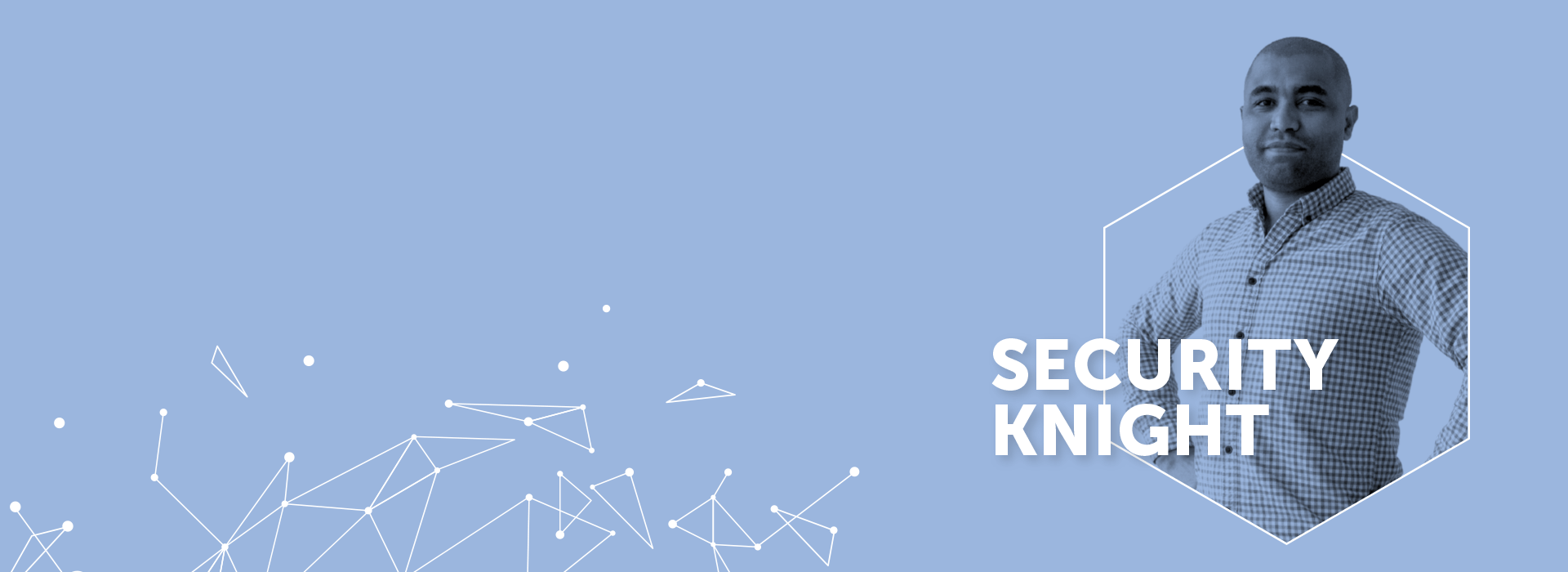
Tewo defends software security and dependability in autonomous and cyber-physical systems.
I work as a postdoctoral research associate in the Software Dependability team. I mainly focus on the application of formal methods in the software development life cycle, from requirements, to design and implementation. I study safety-critical systems together with the associated verification and certification processes. Safety-critical systems are those systems where design flaws can endanger human lives, such as aircraft flight guidance systems. I also work on methods for creating and maintaining safety and security characteristic certifications. The objective is to automate the process of certifying and recertifying safety critical systems. I implemented a framework for creating and maintaining proof of certification for our industrial partners in the aerospace industry. This framework is a joint development with SRI International, our research partner in the US.
My doctoral advisor at Technical University Munich recommended fortiss because I wanted to do applied research.
Software certification is still done manually these days. That makes it error-prone and time-consuming. At fortiss software certification is safer and faster. In this context, I succeeded in integrating the DLT blockchain technology into our verification framework. This enables the automated and distributed, evidence-based verification and certification of safety-critical systems. It therefore saves companies, and especially their developers, money and time during software system certification.
While I was still in high school in Addis Ababa, Ethiopia, I met someone who had just graduated with a degree in computer science. He used to tell me about what programs do and how he would write them, which got me interested. But I didn't really know how to program until my first year at the university where I studied computer science. I'm enthusiastic about programming because I can quickly see for myself if my ideas really work or not.
At fortiss, I have the freedom to choose the approach to a particular problem. In addition, the institute is willing to support initial ideas with self-funded research, which is extraordinary. That gives researchers a great opportunity to develop their initial ideas.
If my ideas work, there is often a great chance that they will be implemented by one of our industrial partners and applied to real problems. This application-oriented research motivates me time and again.
I also have great colleagues with whom I really enjoy working together. The interaction with them also helps me progress with my field of research.
My current vision is to make automated and evidence-based certification and recertification for safety-critical systems applicable and efficient. Therefore, my goal is to see my research project Evidentia used within the next two years as a real certification product for safety-critical aviation systems.
Once this area of application is established, certification can be extended to other areas of the aerospace industry in order to prevent airplane accidents from occurring.
This research visit was possible due to the long-standing research collaboration between fortiss and SRI International. During my six-month stay at SRI, I had the opportunity to discuss ideas with some of the best engineers and scientists in the world and develop them and implement them in a tool. I was also able to clearly see the challenges and benefits of an evidence-based integrated verification framework. This was an invaluable experience for me.
The Evidentia framework is one of the results of that visit. We are still working closely with SRI International, especially in preparing project proposals associated with the Evidentia framework.
For all those who are motivated to apply their theoretical knowledge in a real industrial environment, fortiss is a great place to become familiar with an application-oriented research environment.